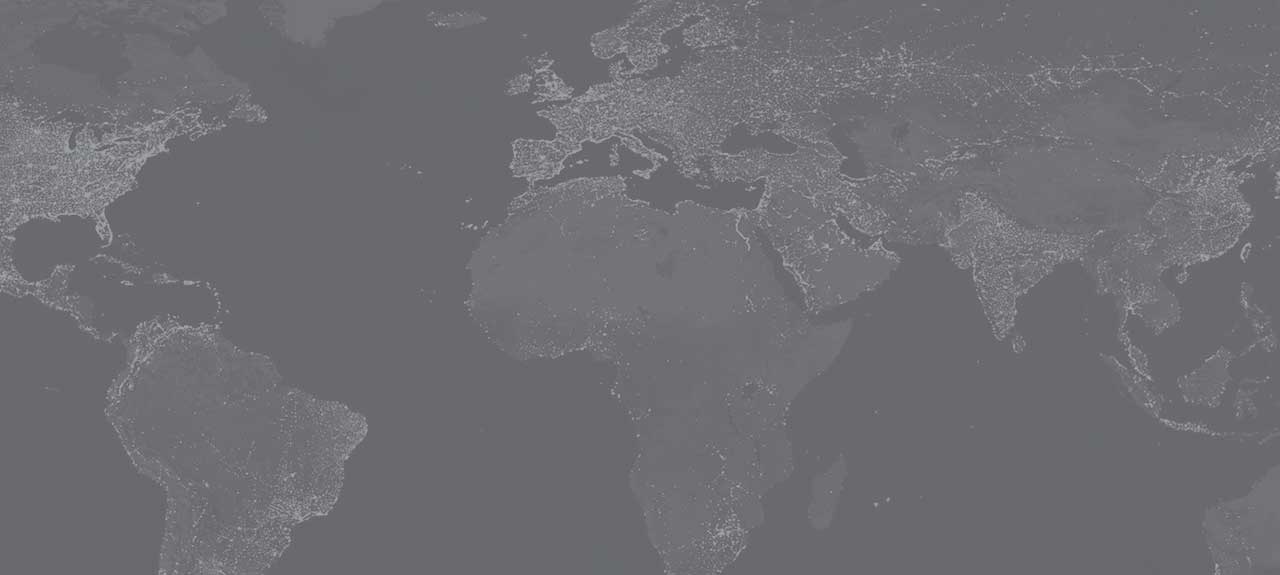Big Data weighs heavily on today’s marketers. The difference between winning and losing often resides in the ability to understand (or manipulate) the information presented to generate a targeted, logical, and creative approach to changing the hearts, minds and buying behaviors of the client’s customers.
But it doesn’t stop there. In real time, every time, all the time, brands and companies want to know what’s working and what is not. Finding those pivot points so that messaging and media can be redirected towards success is an essential aspect of successful marketing in this century.
But we needn’t build algorithms or server farms to see if the marketing strategies, advertising campaigns and media plans we craft are working. We can simply view…or smell, the mounds of garbage buried in unloved locations around our world, or the continents of debris floating in our oceans, or the massive scars we’ve lashed into our planet and people in search of minerals, metals and liquids that fuel consumption.
Reconciling the ingenuity, creativity and romance that resides amongst those charged with influencing the marketplace with the harsh realities that we, the marketers, are a cog in the killing machine known as consumerism, is difficult.
More often than not, when marketing works, the Earth loses.
Responsibility in this exchange is easy to dodge – accountability brushed aside. After all, as the saying goes…don’t kill the messenger. Right? Wrong.
Gleaning inspiration from Victor Papanek, marketers must begin to take responsibility for not only the work they create, but also the result of the actions they inspire. This is true social marketing…not selfies and Instagrams of your dinner plate.
In 2004 Yvon Chouinard, the cerebral founder of Patagonia wrote of the “economy of abundance” and the mirage that marketers, like myself, create for consumers. Pulling heartstrings, tapping funny bones and dazzling with technology, we continually make the richest people in the richest nations of the world feel as if they’re missing out. As if they do not have enough. That more is better. Newer is needed. With gold-plated blinders we march them towards phantom happiness, shredding our world as we go.
As Dr. Peter Senge, author and MIT lecturer said, “We are sleepwalking into disaster, going faster and faster to get where no one wants to be.”
Not all is lost. Chouinard’s enlightened approach to business has positioned Patagonia as a transparent beacon in the movement towards a more responsible approach to business. From brazenly telling his customers not to purchase gear and clothing from them unless absolutely needed, to the creation of the Footprint Chronicles, an exercise in transparency that allows the public to see Patagonia’s environmental impact on Earth. (DB- May be relevant to mention the social/viral/tangible movements as well – Worn Wear™ and Common Threads partnership. Just a few ‘actionable’ campaigns they’ve started…walking the talk in a sense.)
The rise of “collaborative consumption” is giving consumers the chance to share ownership in everything from a pair of jeans to household appliances. The trend, as recently reported in the Wall Street Journal, is being fueled by cash-strapped Europeans…but the spirit is reaching across the globe in the form of metropolitan bike-sharing programs and the renting of livable space via services like Airbnb.
In 2010, IKEA began organizing rummage sales across the globe while allowing customers to sell and purchase used items through their own web properties. The French sporting-goods retailer Decathlon holds bi-annual sales of used equipment. And Swiss-based H&M has been handing out discount vouchers in 42 countries in exchange for a bag of used clothes, regardless of brand.
We’ve also seen what can happen when those with the power and passion for influence take aim at social change, most notably in the polarizing figure of Alex Bogusky. An ad man in every sense for much of his career, he’s since launched FearLessRevolution.com, energized Al Gore’s Climate Reality Project and rolled out COMMON. Tabbed “the world’s first collaborative brand and marketplace”, Bogusky challenges us all to “Buy shit that matters.”
COMMON Story HD FINAL from COMMON on Vimeo.
As organisms on this planet, we have no choice but to consume. However, with the gift of consciousness comes the burden, and freedom, of choice. As marketers, we too have choices. Choices in what we say, what we do, how we do it and whom we do it for.
I am no moral authority. Nor do I assume to hold all the answers…or even all the questions. But what I do know is I have a choice. So do you.
This post, authored by our Executive Creative Director Scott Burns, was originally published on the C2MTL Blog. To learn more about collaborative collaboration, or C2MTL contact Scott at scottb@theswitch.us.














